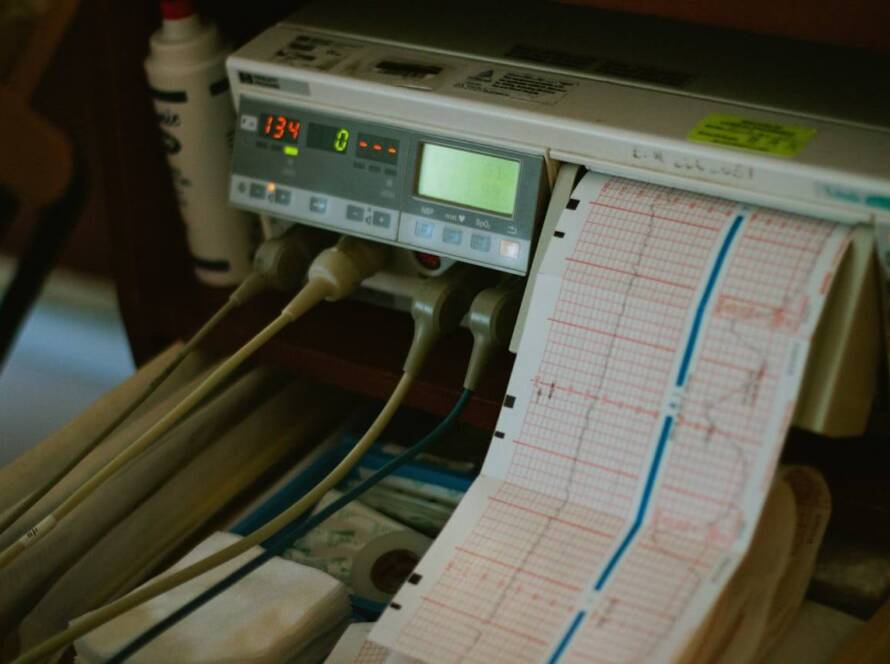Nursing homes play a critical role in providing long-term care for elderly and medically vulnerable populations. In California, where regulations for healthcare facilities are stringent, having a qualified medical director is essential for maintaining compliance, ensuring quality of care, and overseeing the well-being of residents. The medical director is not only a regulatory requirement but also a pivotal figure in creating a safe, effective, and compassionate environment for nursing home residents.
1. The Role of a Medical Director in Nursing Homes
The medical director serves as the clinical leader of a nursing home, bridging the gap between healthcare administration and patient care. Their responsibilities encompass overseeing medical practices, ensuring regulatory compliance, and enhancing care delivery for residents. Key aspects of their role include:- Policy Development: Establishing protocols for resident care, infection control, medication management, and emergency responses.
- Clinical Oversight: Supervising medical and nursing staff to ensure that all residents receive evidence-based, person-centered care.
- Resident Advocacy: Ensuring that every resident’s medical, psychological, and social needs are met through individualized care plans.
- Regulatory Compliance: Ensuring the facility meets California’s stringent requirements under the Department of Public Health (CDPH) and federal regulations from the Centers for Medicare & Medicaid Services (CMS).
- In California, the oversight provided by a medical director is particularly important given the complex medical needs of many residents and the high standards of care required by state regulations.
2. Enhancing Quality of Care
The medical director plays a crucial role in improving the quality of care provided in nursing homes. With an aging population and increasing rates of chronic illnesses, residents often require comprehensive care plans tailored to their unique health challenges. The medical director ensures:- Accurate Diagnoses and Treatments: By reviewing and guiding treatment plans, they help minimize the risk of misdiagnoses or ineffective therapies.
- Chronic Disease Management: Many residents suffer from conditions such as diabetes, hypertension, or dementia, which require ongoing medical oversight.
- Improved Health Outcomes: Through timely interventions and preventive measures, medical directors can reduce hospitalizations, falls, and adverse drug events.
3. Regulatory Compliance in California
California’s nursing homes operate under strict regulations designed to protect residents and ensure high standards of care. The medical director’s expertise is critical in maintaining compliance with these requirements, which include:- Minimum Staffing Levels: Ensuring that the facility has an adequate number of qualified healthcare providers.
- Infection Control Programs: Developing and monitoring infection control protocols, a priority in the wake of COVID-19 and other infectious diseases.
- Medication Management: Overseeing the proper prescription, administration, and monitoring of medications to prevent adverse reactions or errors.
4. Training and Supporting Staff
In addition to clinical oversight, the medical director is responsible for educating and supporting the nursing home staff. This includes:- Training Programs: Conducting regular training sessions on best practices, regulatory changes, and specialized care techniques, such as dementia care or wound management.
- Professional Development: Mentoring staff to improve their clinical skills and build confidence in managing complex cases.
- Team Coordination: Fostering collaboration among physicians, nurses, and other care team members to ensure seamless communication and effective care delivery.
5. Building Trust with Residents and Families
A medical director’s involvement enhances the trust residents and their families have in the nursing home. Families often have concerns about the quality of care their loved ones receive, particularly if they have complex medical needs. A dedicated medical director provides:- Transparent Communication: Keeping families informed about their loved ones’ health and treatment plans.
- Proactive Problem-Solving: Addressing concerns quickly and effectively to maintain peace of mind for residents and their families.
- Expert Guidance: Offering medical expertise and reassurance during challenging situations, such as end-of-life care discussions or decisions about transitioning to hospice care.
6. The Role of Medical Directorship Services
For many nursing homes in California, hiring a full-time medical director may not be feasible due to budget constraints or staffing limitations. Medical directorship services provide a cost-effective alternative, offering nursing homes access to experienced physicians who can fulfill the role of a medical director on a part-time or consulting basis. These services allow nursing homes to: Access Specialized Expertise: Benefit from the knowledge of physicians trained in geriatrics and long-term care. Ensure Flexibility: Tailor the scope of medical oversight to the facility’s specific needs. Enhance Care Without Overburdening Resources: Maintain compliance and quality standards without the financial strain of a full-time hire. For facilities looking to elevate their standards, investing in strong medical leadership is not just a regulatory requirement—it’s a pathway to excellence. Wellness MD Group provides medical director services to support nursing homes in California in delivering high-quality, medically supervised care.












